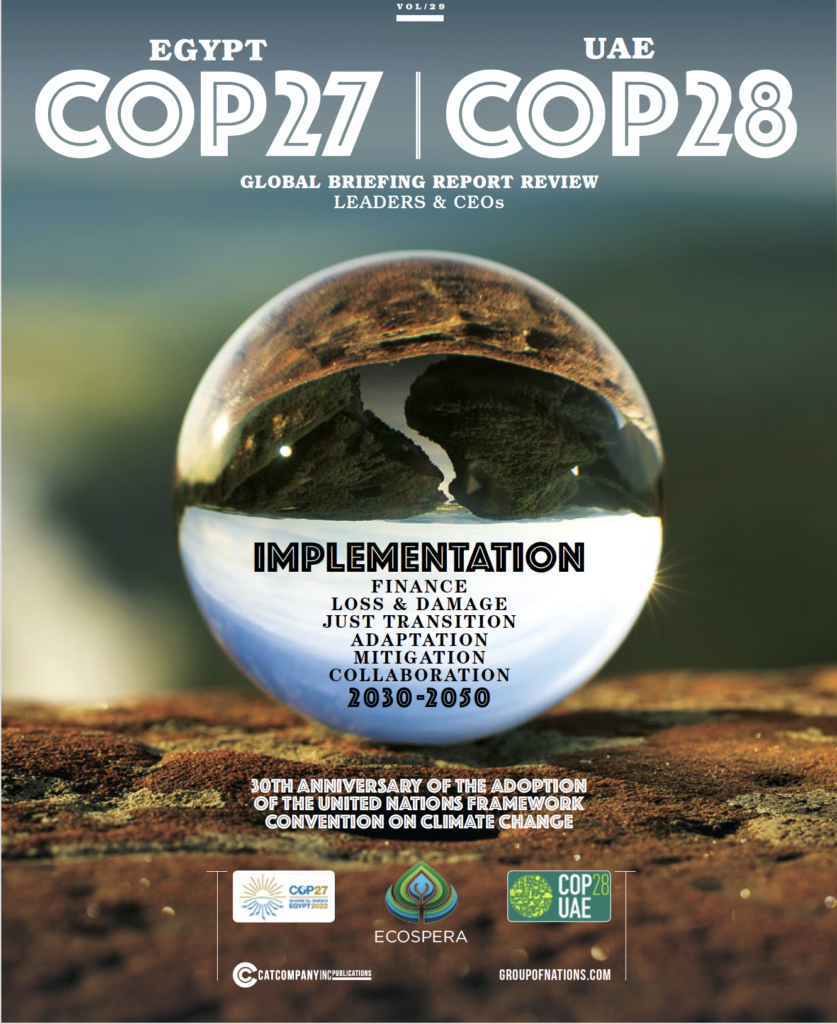Uncategorized
September 8, 2020
B20 SAUDI SUMMIT ENHANCING INTEGRITY FOR RESPONSIBLE AND INCLUSIVE GROWTH,
8 September 2020

B20 Saudi Summit article by Mathad Al- Ajmi:
ENHANCING INTEGRITY FOR RESPONSIBLE AND INCLUSIVE GROWTH:
The devastating impact of COVID-19 and its consequent risk of corrupt practices have heightened the need to enhance transparency, integrity and fighting corruption to drive sustainable growth. As the voice of the private sector to the G20, B20 Saudi Arabia has both the platform and the responsibility to articulate expectations of higher standards of private sector conduct. More than ever, now is the time to strengthen and enforce anti-corruption measures as pressure on resources and the need for emergency procurement processes will only increase.
The good news is, due to the current scenario, there is an increased focus on responsible business conduct and international cooperation. Recently the Integrity & Compliance Taskforce at B20 Saudi Arabia hosted a webinar to discuss B20’s policy recommendations on this topic with the G20 Chair for the Anti-Corruption Working Group (ACWG), Dr. Nassar Abaalkhail, and several anti-corruption luminaries from the industry, including Katja Bechtel (PACI/WEF), Gemma Aiolfi (Basel Institute of Governance); Rauno Hoffmann (Novartis and Business at OECD); Viviane Schiavi (International Chamber of Commerce) and Daniel Malan (Integrity & Compliance Taskforce and Trinity Business School).
During the discussion, Dr. Abaalkhail called attention to two observations from his experience. First, he noted that it is impossible for any one country to eradicate corruption without close cooperation with the business community. Successful policies must consider both the demand and supply sides of the transaction being facilitated. Secondly, at a global level, no country is capable of fighting corruption in isolation. Both, developed and developing countries must work together to fight corruption, a point supported by all panelists.
The B20 agrees that through stronger collaboration, business and government can create a better, more transparent environment. Gemma Aiolfi echoed this sentiment when she articulated steps that must be taken to overcome barriers to addressing corruption. The G20 leaders can improve response and recovery efforts and fight corruption by focusing on accountability and integrity, and by holding public and private sectors to higher standards of ethical conduct.
Over the last few months, the Integrity & Compliance Taskforce has been focused on addressing these issues. Specifically, on developing action-oriented policy recommendations on issues of bad governance and corruption, now further exacerbated by the pandemic. The work has centered around three priority areas:
- pursuing and delivering a culture of high integrity in both public and private sectors
- leveraging emerging technologies to manage risks related to corruption and fraud
- enhancing integrity and transparency in public procurement
While progress has been made to enhance integrity and compliance measures, more can be done, especially by attending to vulnerable industry sectors with collective initiatives that are novel and truly global in scale. National anti-corruption plans and collective action efforts that bring together companies and other concerned stakeholders, both locally and on a global level, are two ways to ensure a culture of high integrity is adopted across sectors. Katja Bechtel noted during the panel discussion that anti-corruption plans must be specific and measurable. She further highlighted the importance of implementation and monitoring to ensure successful plans.
Relatedly, there is accelerated momentum to better harness existing and emerging technologies, including increased demand for data exchange between companies and governments. Applying information and communication technologies is vital in order to reduce opportunities for corruption, enhance effectiveness and efficiency in the public and private sector, strengthen transparency and increase public trust. The time is ripe because, as both Daniel Malan and Rauno Hoffmann pointed out, the pandemic has created a situation in which companies can truly demonstrate their commitment to ethics and integrity.
Undoubtedly, businesses – small, medium and large – are facing unique challenges due to the impact of this crisis, including in combating corruption. But, we can overcome this, as Viviane Schiavi argued during the conversation. Through stronger collaboration, countries can build both a healthy company culture and business environment and create a foundation for an open investment environment that allows for more sustainable, transparent and ethical economic growth.
Mathad Al-Ajmi is Chair of the Integrity & Compliance Taskforce at B20 Saudi Arabia & Vice President and General Counsel at stc. Soucre B20 Saudi https://www.b20saudiarabia.org.sa/





